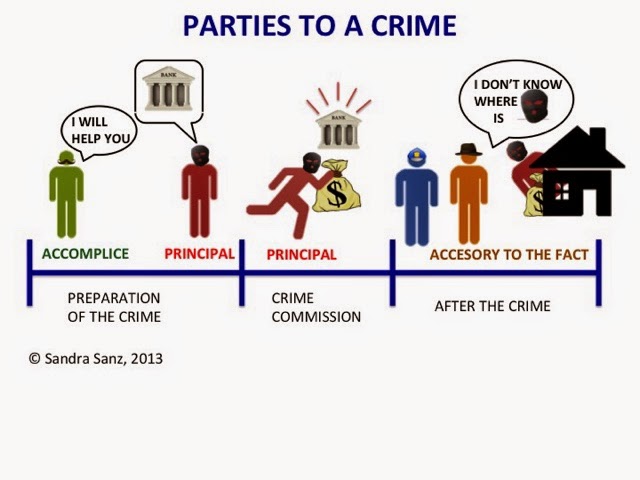Robbery Versus Theft
When these terms Robbery and Theft are translated in Filipino, they both known as "PAGNANAKAW" or "PANGAWAT" in Cebuano dialect. They mean the same thing, so to speak, in layman's point of view.
However, it is important to know the distinction between Robbery and Theft. They may mean the same thing but they entail different implication.
Let us discuss first the commonalities of the two terms.
Who May Commit the Crime of Theft and Robbery:
According to the Revised Penal Code of the Philippines, any person may commit the crime of theft and robbery. It does not matter whether the person may be a public officer or employee or he may be an ordinary citizen of this country, or he may be a foreigner sojourning in the Philippines or staying in the Philippines.
Shall Take Personal Property of Another:
In both crimes, the subject property is always personal property. Personal Property is generally referring to movable property which can be transported to other places with ease like cellphone, money and the likes. Real Property on the hand is referring to immovable property or that is something fixed in one place like parcel of land.
What is the subject matter in the crimes of theft and robbery is only personal property. Thus, one cannot charged of Theft or Robbery for grabbing a parcel of land because it does not involve personal property.
The personal property must be owned by another person. Thus, if the person owns the personal property he took, he cannot be charged of theft or robbery as the case may be.
Without the Consent of the Owner:
The taking of personal property shall be without the consent of the owner. If the owner of the personal property were that somebody took his property and he just ignored it, there was no theft or robbery for that matter. There was an implied consent on the part of the owner in this case.
Absolutely, the owner did not give his consent when his property was taken by another.
With Intent to Gain:
In both crimes, the taking shall be with intent to gain. The taking should be coupled with an intent to gain something from it. Thus, if the taking were for the purpose of safekeeping only, there was no crime to speak of.
Robbery Versus Theft:
The definition of theft as provided by the Revised Penal Code speaks of the difference between the two. Thus,
"Theft is committed by any person who, with intent to gain but without violence, against, or intimidation of persons nor force upon things, shall take personal property of another without the latter's consent."
Based on the definition, if the act was without VIOLENCE, AGAINST, OR INTIMIDATION OF PERSONS NOR FORCE UPON THINGS, the crime involved was only THEFT. If the same was present in the act, the crime would be ROBBERY.
For example, if a person snatches the bag of the lady, the crime would be theft. However, if in the occasion of snatching, the person pointed a knife to the lady, there is now Violence Against or Intimidation on the person of the lady, thus the crime would qualify as Robbery.
As for the penalty, theft has a lesser penalty than robbery.


Comments
Post a Comment